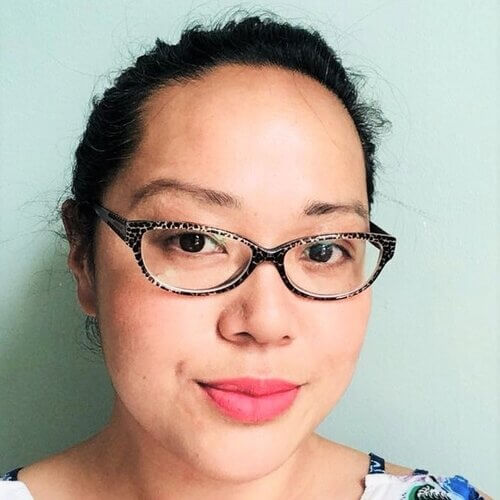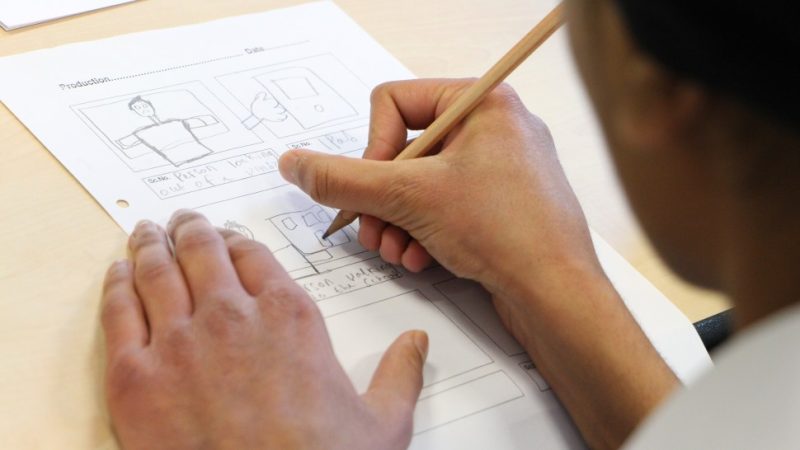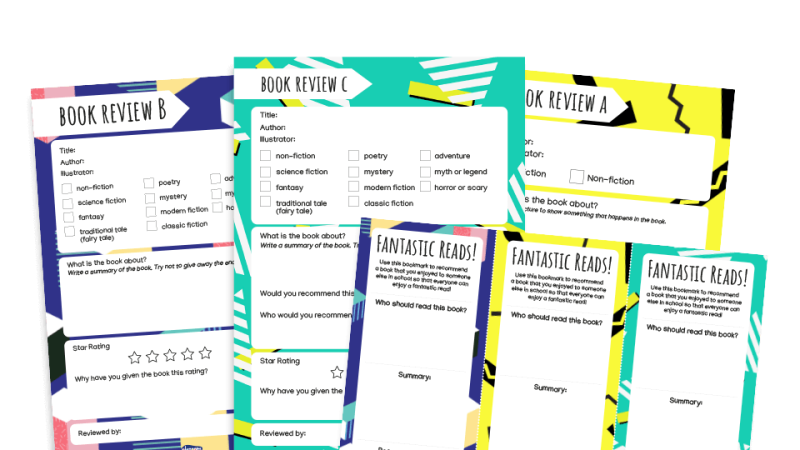Children’s books about diversity – Addressing Chinese stereotypes

Diverse books can help all pupils feel welcome in the classroom, says Maisie Chan…

- by Maisie Chan

I loved primary school. I went to Tiverton Junior and Infant School in Bournbrook, Birmingham, and because we were so close to the University of Birmingham, we always had a diverse intake of international students’ children.
The downside was that I would often make friends with many children from all over the world and then they would leave after a year or so when their parents finished their studies.
My first best friend was Monica Escobar. In reception, she went back to Columbia and we tried to keep in touch but you can only do so much when you are five!
Then I had friends from Malaysia and Pakistan, and again, they would leave. It was quite sad actually. But I think that early exposure to people from around the world has influenced who I became later on.
I travelled and lived on three continents and was always interested in people from other places and cultures. To me it shows how important having diverse and inclusive books in a classroom really are.
For those children who aren’t able to meet people from a different culture, having books is the next best thing. They can immerse themselves in the lives of others they see in picture books, early readers and on front covers, experiencing people who are different to them.
Perhaps if this was more common we would have less prejudice and more empathy?
I also moved up to Y6 a year early, skipping Y5, because I was ahead of my class academically. But despite being a shy pupil I made friends and loved being with the older, more mature pupils.
The joy of stories
My favourite thing about school was making up stories. My friend Hannah and I would come up with songs in the playground, or we’d make up stories about a ghost in the spooky bell house that sat upon the roof.
I was proud to be the stationary cupboard monitor, which essentially meant that I could stay inside some break times and hide in the stationary cupboard and pretend I was counting notebooks or pencils. I would invite friends to come in there too, so it was like a secret den.
I had a teacher called Mr Bowen and he was from Wales. He was fierce – just like the Welsh Dragon – but had a soft spot for me and my family.
My mom Jean was well known for sending all her fostered and adopted children to the school. She was a fixture in the parent council and helped out with the jumble sale. My mom was on a first-name basis with the teachers – they were friends.
Mr Bowen used to hold a times table test at the end of every week and the winning table would get a Cadbury’s Cream Egg. I think my mom used to supply these to Mr Bowen as my dad worked at Cadbury’s and got a discount.
Diverse friends
Growing up in a council house in Birmingham and going to that primary school did definitely shape who I am as an author.
I understood that you could be friends with someone who didn’t speak the same language as you. That is very much central to Danny Chung Does Not Do Maths because Danny and his nai nai (gran) find it hard to communicate verbally.
But humans are humans, right? I’ve lived in Taipei where I couldn’t speak the language, yet I managed to eat out, find my way around and eventually picked up a basic knowledge of Putonghua (Mandarin Chinese).
I have now forgotten most of the language, but the experience of living in a vastly different country will always stay with me.
I’m often asked if there is much of Danny’s personality or likes and dislikes in me and I didn’t think so at first. However, I suppose there are.
I didn’t like a lot of fruit when I was younger either and I used to draw a lot. I won a couple of art competitions when I was in reception. One of my paintings of Little Red Riding Hood was on display in a library and I felt proud of that achievement.
Being one of the very few British Chinese authors is both a big responsibility and an honour. Danny Chung is a regular British boy for the 21st century. I know people might say that Danny’s family having a Chinese takeaway is stereotypical.
It is to some extent but it’s also still common; my portrayal of the Lucky Dragon is my homage to my family, my foster siblings’ family, and my friends who still work in the food industry.
They worked so hard for a better life and I wanted to show that in the book. My next novel won’t have a Chinese takeaway in it.
I want my books to show British East and Southeast Asian children that someone who looks like them is a central character. I want to show non-Asian readers what it’s like to walk in the shoes of someone else.
It was important to me to show Chinese people in a positive light, especially at this time where there is a lot of negativity towards East Asian and Southeast Asian people because of Covid-19.
East and Southeast Asian children are being called names and told that Chinese people “eat bats”. My own children have experienced this in school.
One thing I would like to ask teachers is to make space for those children, check that they are okay. When I was a child, I experienced racism at secondary school and sadly internalised it.
I didn’t like myself. I felt there was something wrong with me. I don’t want the next generation to feel like that.
And secondly, be mindful of language to describe East Asian and Southeast Asian peoples. The word ‘Oriental’ is outdated and shouldn’t be used and there is a movement to remove it from various places. I’m from Birmingham – I’m not ‘Oriental’, I’m a Brummie.
Maisie Chan is the author of Danny Chung Does Not Do Maths (£6.99, Bonnier Books UK).











